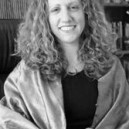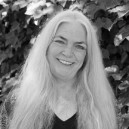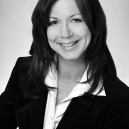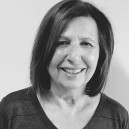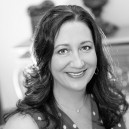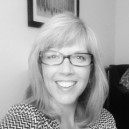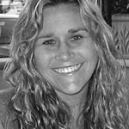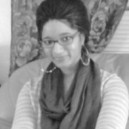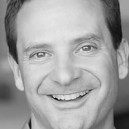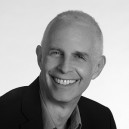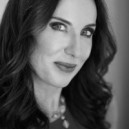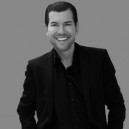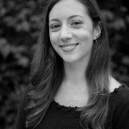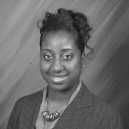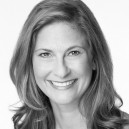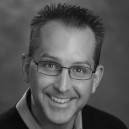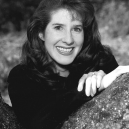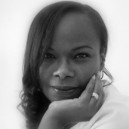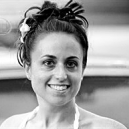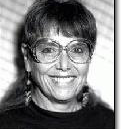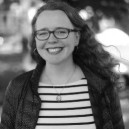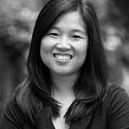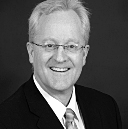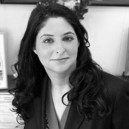Ramani Durvasula, Ph.D.
Therapist / Clinical Psychologist
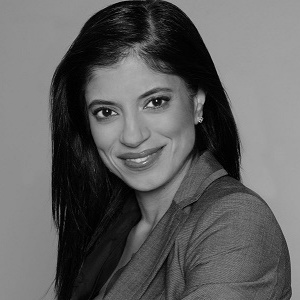
In addition to being a licensed clinical psychologist and Professor of Psychology at California State University, Los Angeles, Dr. Ramani Durvasula is a published author, media commentator, and one of Dr. Oz’s featured experts. In 2003 she received two prestigious awards; the “Emerging Scholar” Award presented by the American Association of University Women and the CSULA “Distinguished Woman” Award. Dr. Ramani is a member of the American Psychological Association’s Committee on Women; a position which affords her great influence over policies implemented for women in such areas as education, health care and international issues. Her newly published book, You Are WHY You Eat is a remarkable blend of professional wisdom and personal victory.
How did you decide to become a therapist?
We live in a world where mental illness, challenges in living, and general distress are so stigmatized. I strongly believed in the power of therapy to promote wellness, growth, and give people a nonjudgmental, structured space in which to be able to explore themselves in an uncensored manner.
What were your educational pursuits?
I completed an undergraduate degree in psychology, falling in love in the field after the first psychology class I took, while simultaneously getting disillusioned by the field of medicine which was more about meds. I also grew to love research, and did research, volunteer work and took a more science/bio focused approach to psych and also did a minor in sociology. I took a few years off to do research work (after a failed corporate stint - I wasn't cut out for it at the time) in HIV when HIV was still a new public health crisis, did well on my GREs, and applied to graduate programs across the country. After a few bumps along the road in choosing a program I ended up in the ideal program for me - the Ph.D. program in clinical psychology at UCLA - a wonderful innovative program that trained me as a scholar and clinician. The faculty was outstanding, as was the curriculum and the varied clinical experiences I had. I went on to do externships in a wide variety of settings with both kids and adults and the elderly and then did my internship at the UCLA Neuropsychiatric Institute. Then 2 years post-doctoral training, sat for my licensing exam, and went from there. It was a LOONNGG road - and worth every minute.
What tips can you give students who are considering going to graduate school?
Take a variety of classes, talk to professionals in the field, volunteer, go to the counseling services at your campus and be a patient to see what that is like. Do well in your classes - it can be difficult to transition to a graduate program if you have a low GPA. Read books and articles about various types of therapies. Graduate students should avail themselves of a variety of training experiences with a variety of populations, but then also work toward finding a niche and developing skills within that niche. Stay current; take full advantage of supervision, attend seminars, be a clinical sponge! (and as with the undergrads - sit on the other side of that therapy chair and experience being a patient).
What is the one thing that makes your practice special?
I am old enough, know and have walked enough miles, that judgment isn't in my vocabulary - and it is powerful to observe what happens when a person feels heard, understood, and reflected. I actually believe that despite our focus on empirically based therapies (which are very important and useful) - at some level there is a form of shamanism in therapy - of listening and connection. I have also a written a book which is what has brought many patients into my practice and that has been such a useful guiding paradigm - a way for them to take my voice outside of the sessions with them for further reference. A really useful tool.
Congratulations on your newly published book! It’s always interesting to find out what passages are an author’s favorites. What quotes do you consider extra-special?
Thanks for your good words - here are a few of my favorite quotes:
"If you are going to go to the trouble of choosing healthy food for your plate, shouldn't you also choose healthy people for your life?"
"The fact is, many people do not know how to treat themselves and are experts at putting themselves down. In fact, if most of us were in a relationship with ourselves, we should break up with us, given how badly we treat ourselves."
"Entrusting your dreams or aspirations to the wrong person could be a critical mistake, lest they mistreat or neglect them. We are not nearly as careful with our dreams as we should be."
What advice would you give to aspiring therapists?
Volunteer and make sure it is what you want. Doing therapy is not giving advice. It is about being savvy about research, thinking critically, writing, being analytic. And then - realize that few of us get rich at this - so before taking on too much debt - think long and hard about the ramifications. Finally- figure out if you want to balance it with something else like teaching and/or research.






